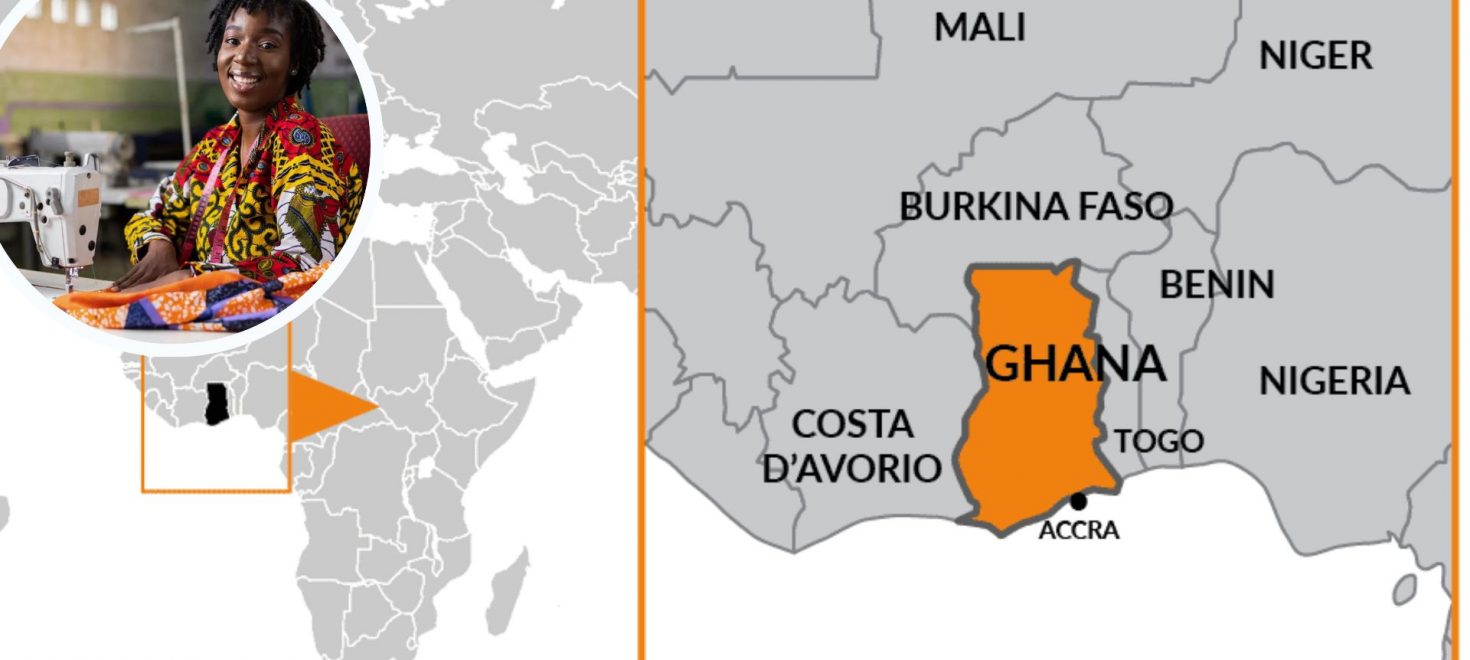Ghana is making waves with its visionary move as the Government introduces a groundbreaking Textile and Garment Manufacturing Policy. This policy is a strategic leap towards transforming the nation into a powerhouse in the global textile and garment production arena.
Embracing Heritage and Potential
Ghana’s rich textile heritage is set to be revitalized as the policy aims to attract and facilitate textile and garment manufacturing. The government’s sustained desire to prioritize this industry reflects its recognition of the enormous potential that lies within.
A Model for Africa
The resurgence of Ghana’s garment industry is not just a national feat; it serves as a model for the entire African continent. Decades of challenges, including unfair trade practices, have been overcome, demonstrating Ghana’s resilience and commitment to reclaiming its once-thriving garment and textile sector.
Economic Impact
The policy is expected to have a significant economic impact, creating job opportunities, boosting exports, and contributing to the overall growth of the nation. The rejuvenation of the textile sub-sector, with a historical high of 16 major manufacturers, is a testament to the transformative power of strategic government initiatives.
Cotton Focus
Ghana’s textile industry places a strong emphasis on fabric manufacturing for both domestic use and export. The use of cotton, a vital natural resource, underlines the sustainability and authenticity of the industry.
Looking Ahead
As Ghana paves the way with its Textile and Garment Manufacturing Policy, the world watches with anticipation. This move not only positions Ghana as a key player in the global textile landscape but also sets a precedent for other nations to harness the potential within their textile industries.
In the spirit of prosperity and growth, Ghana’s bold step forward in the textile and garment sector is a beacon of hope and inspiration for the continent and beyond.

aditya kumar
Associate Consultant


Leave a Comment